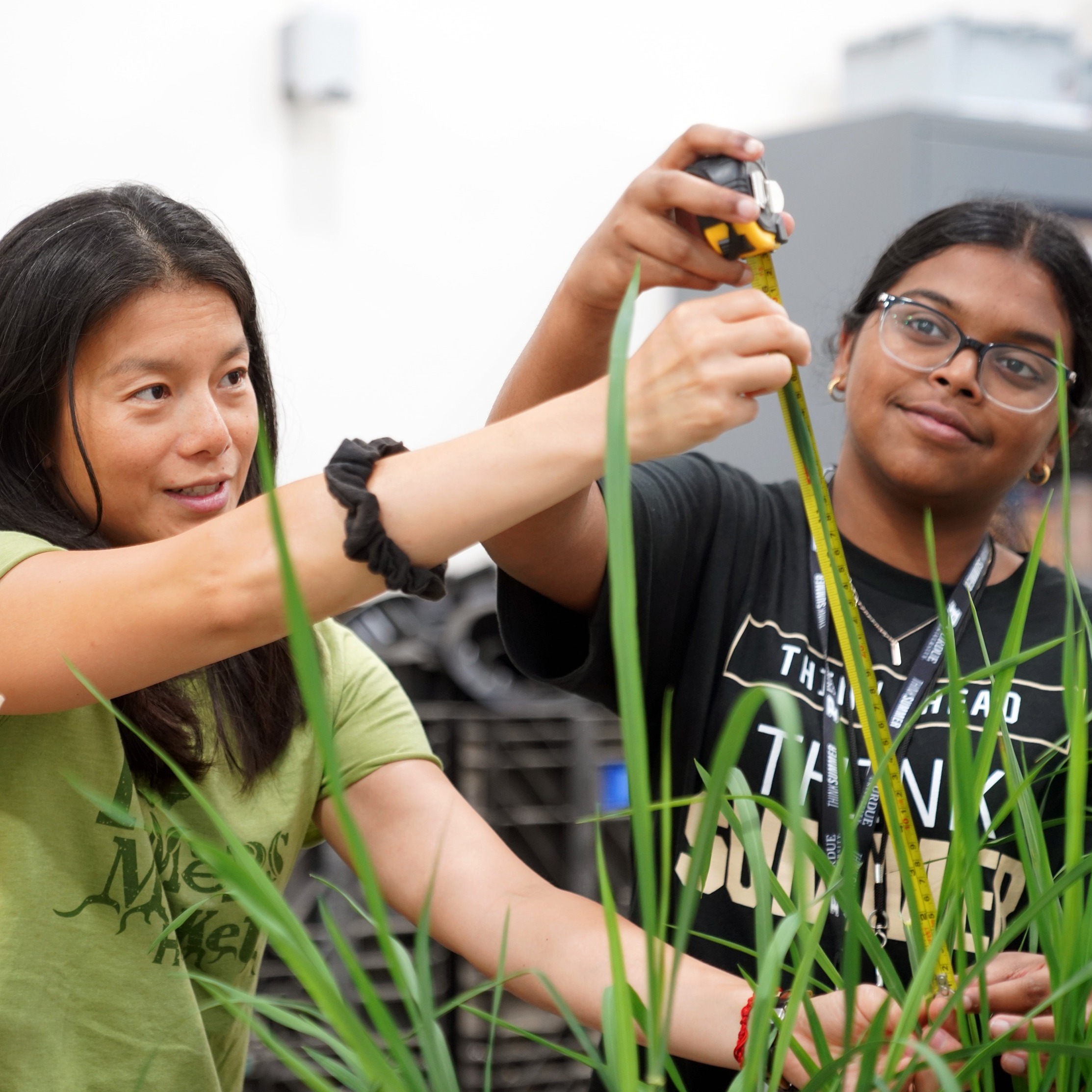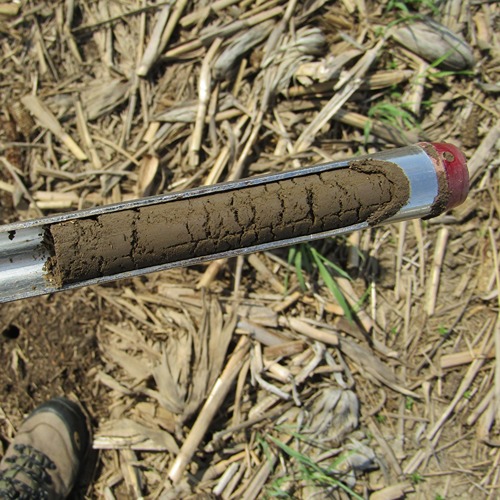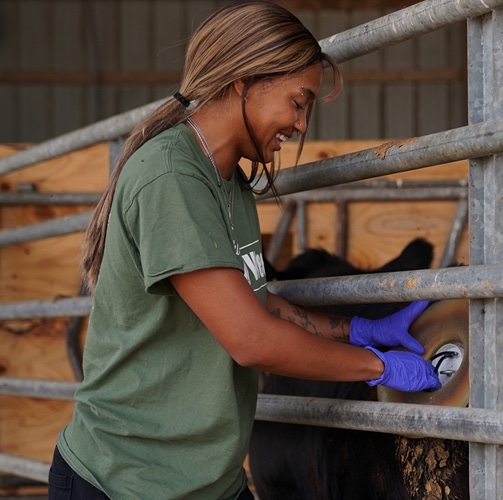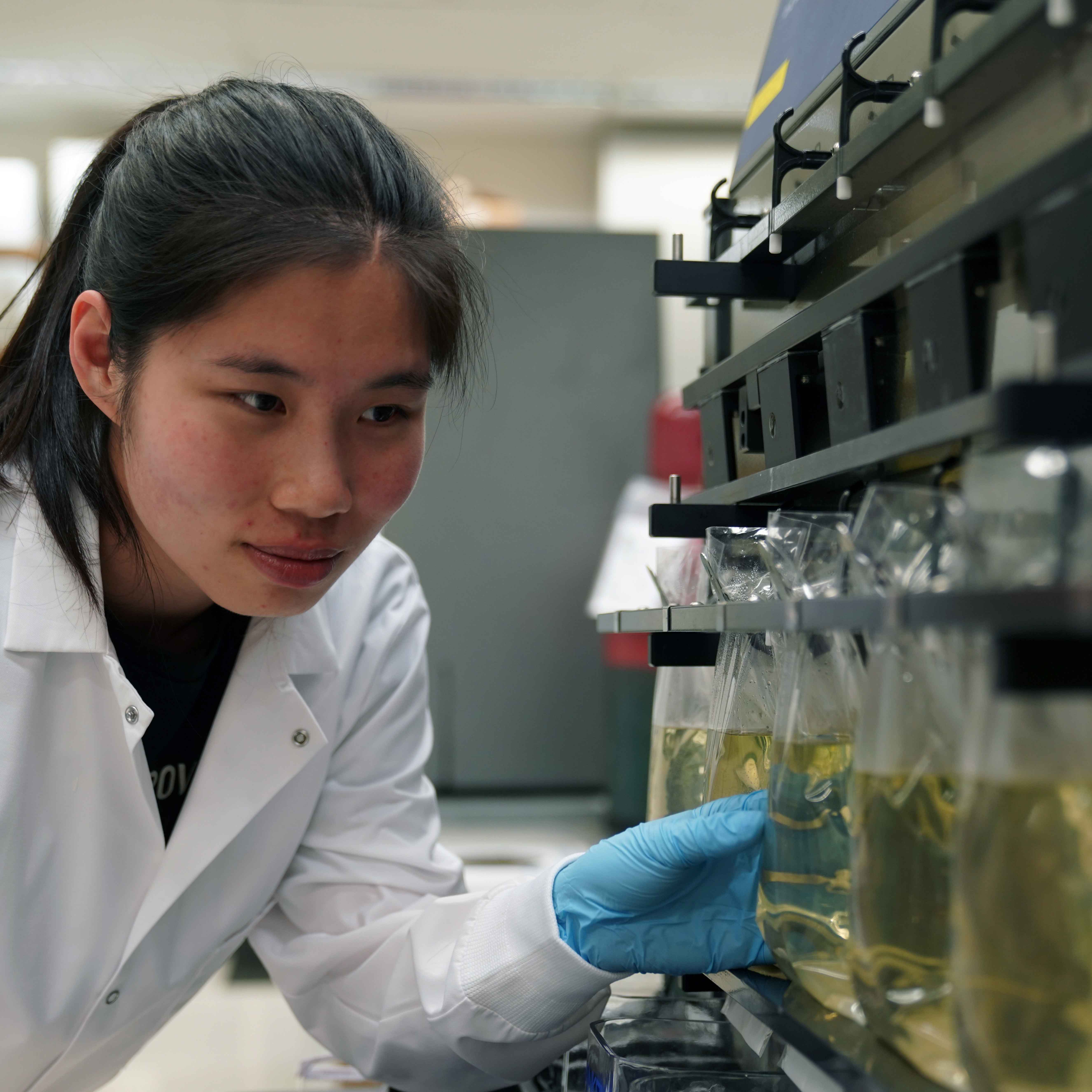When the term “hackathon" was first coined around the turn of the millennium, Ankita Raturi, assistant professor of agricultural and biological engineering, said she remembers the events being designed for encouraging coding for extensive hours late into the night, eating a lot of pizza and drinking way too many caffeinated beverages, all in the hopes of developing a startup to sell to a larger company.
But today, she’s hoping to change that image into a nurturing space with no stereotypes where all tech levels are welcome to bring life-changing technology to fruition.
A team of Purdue professors received a grant in 2020 to develop courses on agriculture informatics for agriscience students alongside the University of Kentucky and Tuskegee University. Raturi said the three universities formed an online community that allowed students to chat with their peers, leading to the development of their first Digital Agriculture Hackathon through the American Society of Agricultural and Biological Engineers (ASABE) an educational and scientific organization dedicated to the advancement of engineering applicable to agricultural, food and biological systems.
Working within the food system, Raturi said a large majority of the farming community don’t know how to code. Building a space to bring non-coders who have revolutionary ideas with students who have the skills to bring ideas to reality is the first step in bridging the gap.
Creating a space where it’s safe to fail is the backbone of the hackathon, Raturi said, where students can know they won’t fail a class if they don’t succeed within the days' time and no grades are riding on the project.
“Finished product in this context is so variable,” Raturi said. “I like to think of the hackathon as a ‘choose your own adventure,’ just without any consequences.”
Steven Doyle, a graduate student studying agricultural and biological engineering, said when he participated in the 2022 hackathon his team chose to focus on designing a food app to help coordinate mobile food banks to combat food insecurity. For the upcoming hackathon, Doyle said participants can expect to experience a collaborative, relaxed environment with support from professors and other experts.
“I enjoyed the hackathon quite a bit because it gave us the opportunity to dedicate time toward pursuing passion projects and testing out new ideas,” Doyle said. “There are no right or wrong things to build during the hackathon, you could prototype an app, write a program, or draft blueprints for an electronic tool. The experience is truly what you and your teammates decide to make of it.”
The 2023 hackathon will take place at the annual ASABE International meeting in July. Registration for the event will open in the latter half of March through the hackag.tech website. All undergraduate and graduate students interested in learning more about the hackathon are encouraged to attend the Purdue Digital Agriculture Club hackathon orientation meeting on March 9 in ABE 3110 at 5:30 p.m. EST.





